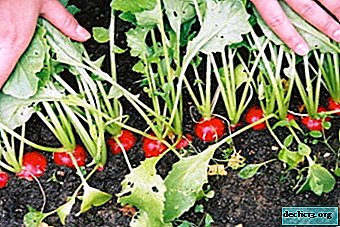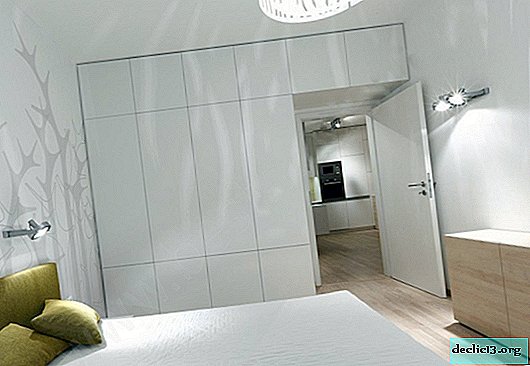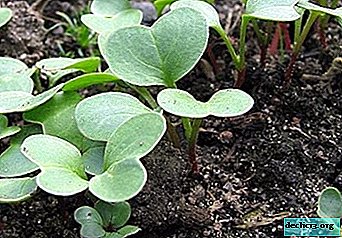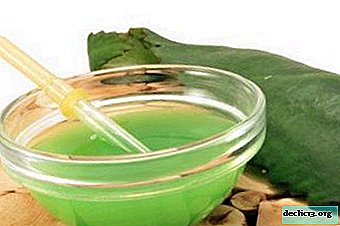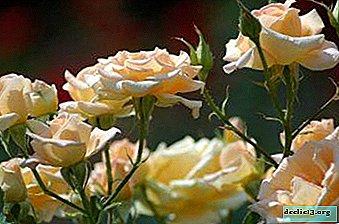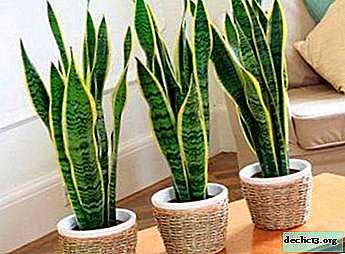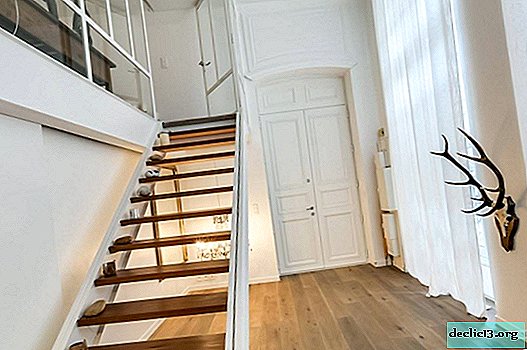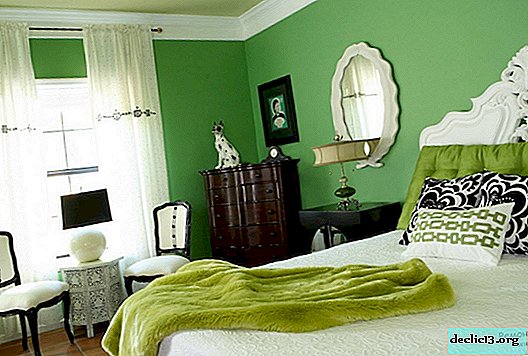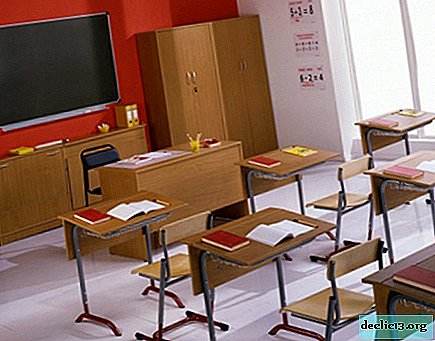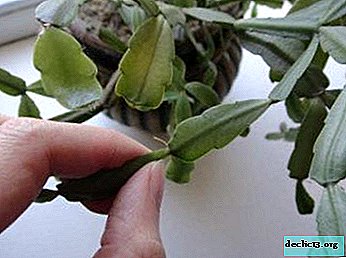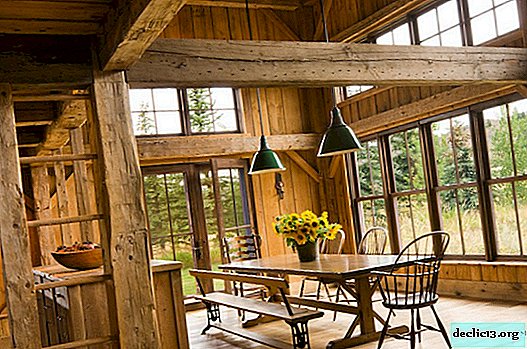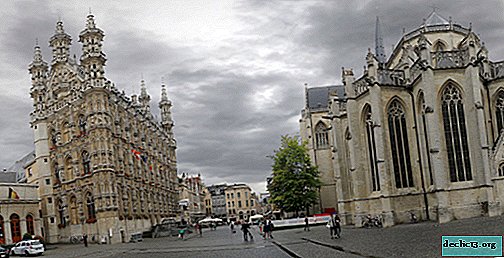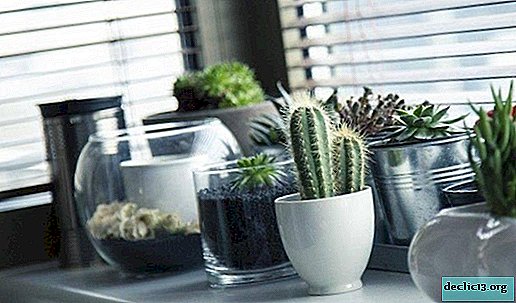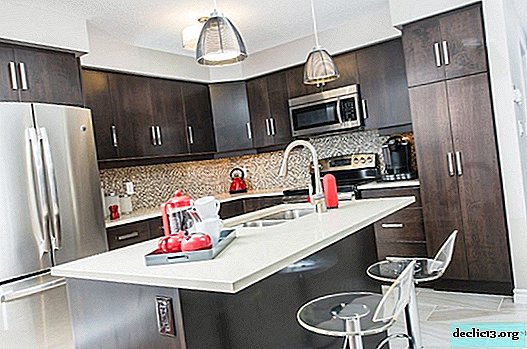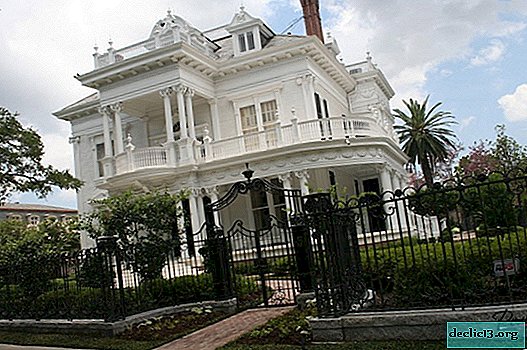Features of furniture made of veneer, what to look for
Furniture made of solid wood is an expensive and not everyone's option for furnishing. Veneer furniture will be a good analogue, because this material has an external resemblance to solid wood. In the manufacture of this type of product, a base is used, represented by plywood, MDF or chipboard, coated with veneer, which is glued to the base, imitating a natural tree.
Advantages and disadvantages
Veneer is a thin section of natural wood, the thickness of which does not exceed 3mm. It is widely used in the manufacture of modern furniture, musical instruments, it is also used as a finishing material for creating fashionable interiors. The popularity of this natural material is due to the optimal combination of price and attractive appearance of finished products. To make it easier to make a choice, we will analyze all the pros and cons of veneer furniture.
The advantages of the material are as follows:
- a variety of colors and textures. Various types of wood are used for production: from classic pine to the most expensive varieties;
- It is a natural, environmentally friendly material. Veneer - a coating made of natural wood;
- ease of processing allows the use of veneered blanks for products of various shapes and configurations;
- relatively low cost. Veneer furniture is much cheaper than solid wood furniture, which makes it more affordable;
- excellent appearance - quality products have the right selection of patterns, beautiful texture, which give the veneered furniture a beautiful appearance;
- practicality, resistance of facades to temperature extremes, high humidity. Facades from veneer are not subject to cracking, deformation as a result of external factors.
The disadvantages of the material also are:
- veneered coating is afraid of direct sunlight: under their influence, it can change color;
- choosing a pattern at the joints can be difficult, because each sheet has its own unique pattern;
- capricious in leaving, eliminates the use of chemical cleaners that can damage the surface;
- products made from expensive veneer options (oak, ash, beech) are not cheap.
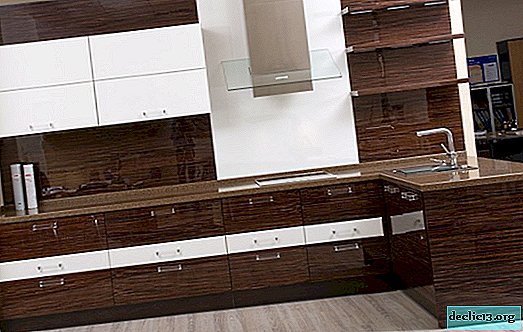




Varieties
Veneered furniture is made from materials of different quality and production methods. The price category of furniture depends on the type of veneer. There are the following types of veneer, natural origin used for furniture production:
- peeled;
- planed;
- sawn.
 Peeled
Peeled Sawn
Sawn Planed
PlanedNatural peeled veneer is the most common and affordable type of veneer, with a thickness of 0.1 to 10 mm. Depending on the quality of wood, compliance with production technology, such a veneer may not be inferior to planed. It preserves the natural texture, unique wood pattern, has excellent aesthetic qualities.
Sliced veneer is mainly used in furniture production. In its production, valuable wood species are used. It is characterized by the richness and diversity of the pattern, texture, which is achieved thanks to the production method. Wood harvesting can be planed in different directions, from different angles, achieving unique, original natural patterns.
Sawn veneer is the first type of material that began to be produced back in the 19th century. It is of high quality, not cheap. Today it is not made on an industrial scale, it is used to create musical instruments, inlays, interior decoration, expensive parquet floors and individual furniture sets to order.
Modern varieties of veneer, subspecies of natural material, include:
- multi-veneer;
- fan online.
 Multi-veneer
Multi-veneer Fan-line
Fan-lineThe multi-veneer is made from natural wood of various species, while the goal is not to preserve the natural pattern. This type of material is unlimited in its colors, textures, has a palette of rich wood patterns. On its surface, geometric figures or any other design pattern can be depicted.
Fine-line is made from inexpensive species of fast-growing trees, through several technological combinations:
- peeling and drying;
- painting and gluing;
- pressing and secondary planing or peeling.
The sequence of the above actions allows you to create the material of the desired texture, pattern, structure and color. Fine-line often imitates the natural veneer of expensive varieties of wood. This type is less durable, has increased fragility, porosity.
There are artificial veneers, which is a film of plastic (PVC) with an imitation of a woody pattern. A modern version of artificial veneer for furniture is eco-veneer. This material is made from multilayer polypropylene.





Color spectrum
The color of natural veneers depends on the type of wood: light pine, ash, wenge, cherry, velvet or bleached oak. Each manufacturer has its own palette. But if the material is natural, then each product will have its own unique shade with an individual wood pattern.
The multi-veneer, on-line, and eco-veneers provide the consumer with a wide selection of colors, textures and drawings, limited only by the imagination of designers. The difference between these materials and natural veneers is that they guarantee a stable color and texture, and shades of material are changed strictly at the request of the customer, and not at the whim of nature.



The differences between artificial and natural material
What is the difference between fine-line veneer, multi-veneer, eco-veneer and natural planed material? The main differences between artificial and natural veneers:
- All sheets of artificial material of a particular article will have an exact match of color, texture, picture. This makes it possible to make products perfect in color, without splashes, knots, with a complete coincidence of wood patterns. Artificial veneer sheets are interchangeable, so such products can be easily repaired or supplemented with other furniture, while the color match will be perfect;
- when veneering furniture with natural material, additional steps are required to select a pattern and color. Each product will be individually according to the texture and coloring, there may be a mismatch in the shades of the same article of veneer;
- furniture made of natural veneer looks excellent, such products visually, practically, do not differ from furniture made from natural wood;
- natural veneer has durability, high wear resistance;
- a modern artificial analogue - eco-veneer, it is much cheaper than natural veneer, it is based on polypropylene, which is more environmentally friendly, unlike PVC, does not emit harmful formaldehydes, phenols;
- the eco-veneer is resistant to various chemical cleaners, which greatly facilitates the maintenance of such furniture from veneers.





Selection and Care Tips
When choosing veneered furniture, the following main criteria are important:
- cost;
- environmental friendliness;
- durability and wear resistance;
- aesthetic qualities;
- maintainability.
An important point is the design of the room. Modern artificial materials are great for embodying bold design projects, providing an unlimited range of shades, textures, drawings. Natural material is perfect for classic room designs, combining the beauty of natural wood and the environmental friendliness of natural materials.
Natural materials require gentle care without the use of aggressive chemicals.
It is enough to wipe such surfaces with a cotton rag using a soap solution. Artificial analogues are not so capricious in leaving. But the use of cleaning products is necessary without abrasives, alkalis, solvents.
Video
Photo



























